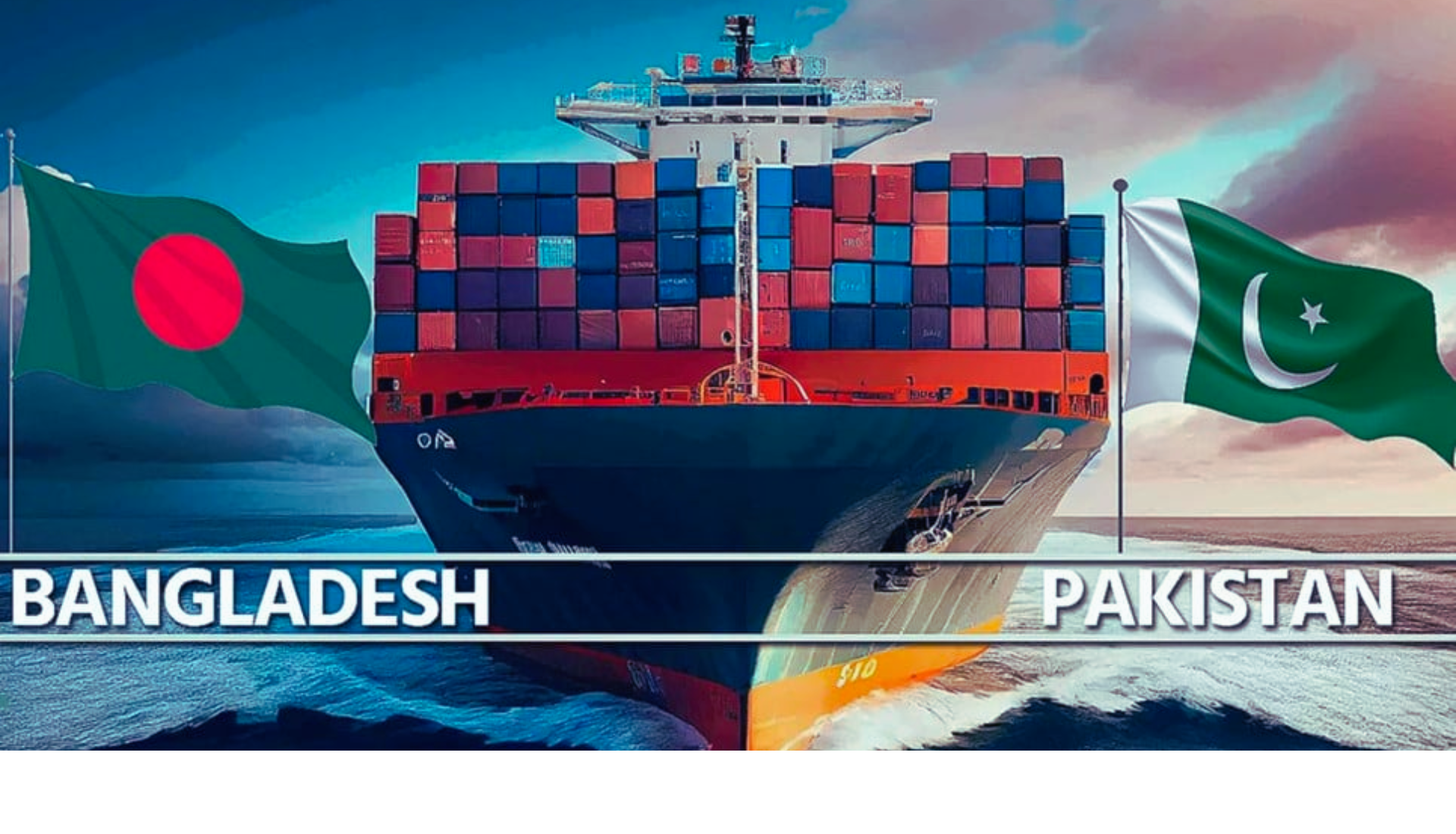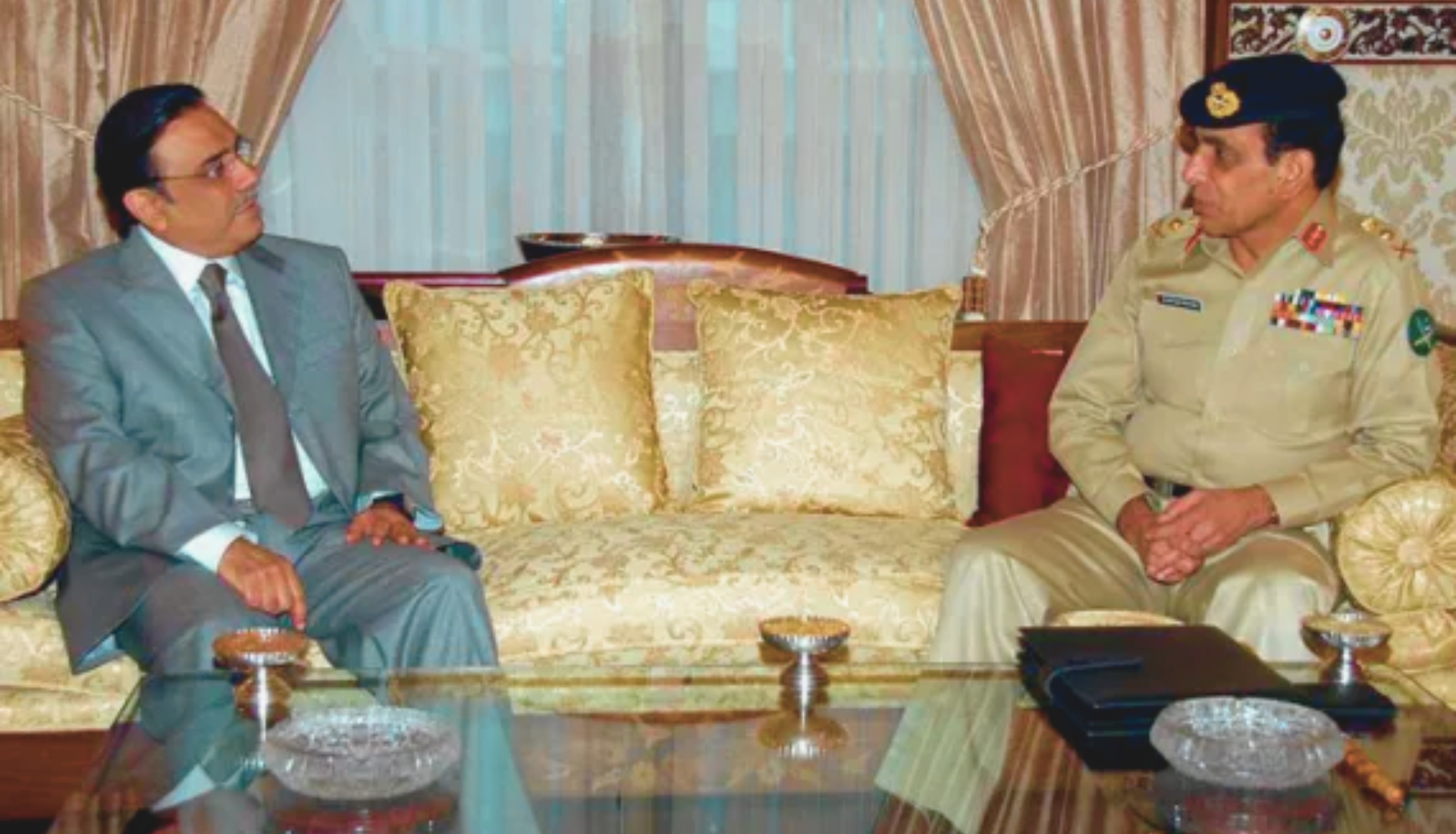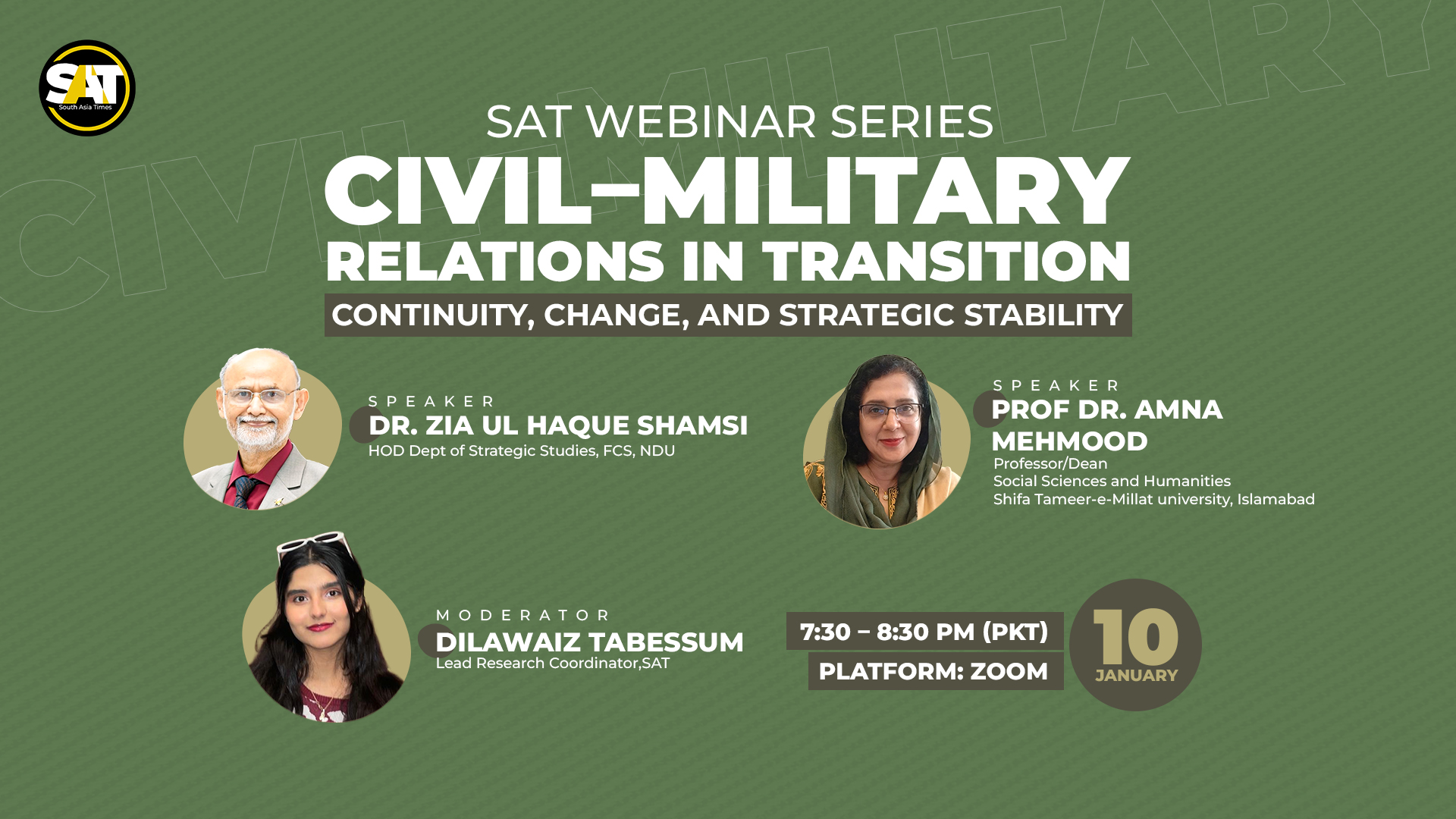Speaking in a Pakistan Television ( PTV) interview, the Pakistani envoy to the United Nations lauded the country’s efforts. He asserted that diplomacy was successful in exposing Indian designs for the region. Pakistan has successfully highlighted India’s fascist policies in Kashmir and the region stated the ambassador.
Moreover, Ambassador Munir claimed that India\’s campaign to isolate Pakistan internationally had failed. On the contrary, India due to its own missteps exposed itself in front of the international community.
“Diplomacy has exposed India’s aggressive policy in Kashmir”, Says Ambassador Munir
Subsequently, The envoy further informed that people in various parts of the world, including Western countries, recognize the nature of new India.
Will keep up the pressure on India.
The Security Council members have discussed the Jammu and Kashmir dispute three times. This seconds the fact that it is an international dispute, not an integral part of India as the Indians claim.
Furthermore, Mr Munir also stated that a composite dossier on India\’s terrorism financing had been shared with the UN Secretary-General.
Depicting optimism in Pakistan’s efforts, the envoy said “we are succeeding to expose that India sponsors terrorism against Pakistan.” Referring to Prime Minister Imran Khan’s speech, the ambassador said that Pakistan has shown firm dedication to the Kashmir cause.





